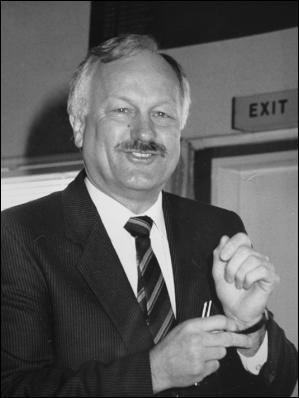By Ian Anderson, Workers Party member. Originally published in the October Spark.
 As leftists call for an end to the oppressive National Party government, we must also understand what the alternatives are. A Labour-led government remains the most immediate possibility. This leads us to consider the opportunities and threats a Labour government would pose for the left, and what other roads we might take.
As leftists call for an end to the oppressive National Party government, we must also understand what the alternatives are. A Labour-led government remains the most immediate possibility. This leads us to consider the opportunities and threats a Labour government would pose for the left, and what other roads we might take.
The Labour Party is committed to maintaining the capitalist order. While in their early days they made reference to socialism, their history since their first election is one of antagonism with the militant sections of the working class, especially at junctures where class contradictions are sharpened; the repression of watersiders in the 1930s, through to the devastating application of Rogernomics. This history is well and accurately detailed in the pamphlet The Truth About Labour. This article will aim to describe the Labour Party in its current form.
Under Phil Goff, Labour is a decidedly neo-liberal party at odds with the needs of the working class and at odds with the demands being placed by the leading sections of workers movement. As Minister for Education under the Lange government, Goff was instrumental in privatising education. Since then, mass membership in the Labour Party has declined, and low-income voters do not show the strong preference for Labour that they used to. Some advocate a reshuffle, given Goff’s banal politics and decided lack of ‘opposition.’ However the problem is more institutional – Annette King, initially tipped as a successor to Helen Clark, shares Goff’s right-wing record.
Currently the most glaring manifestation of the Labour Party’s anti-working class agenda is their refusal of overtures by Mana, the only major parliamentary party with real ties to really progressive or radical aspects of the working-class movement. Mana expresses openness to working with the Greens, Maori or Labour Party. However Phil Goff has ruled out working with Mana.
 In his weekly column for The Herald on Sunday, Mana president Matt McCarten recently asserted that Phil Goff had “come clean on the class war.” However, rather than Goff admitting to his role in implementing class war against the working class through Rogernomics, this referred to a speech Goff made to an audience of trade unionists, at which he endorsed a range of pro-working class policies. This included the demand for a $15 minimum-wage, introduced by Unite Union and ignored by Labour while it was in office.
In his weekly column for The Herald on Sunday, Mana president Matt McCarten recently asserted that Phil Goff had “come clean on the class war.” However, rather than Goff admitting to his role in implementing class war against the working class through Rogernomics, this referred to a speech Goff made to an audience of trade unionists, at which he endorsed a range of pro-working class policies. This included the demand for a $15 minimum-wage, introduced by Unite Union and ignored by Labour while it was in office.
Labour has pulled this act before, using slogans like “tax the rich” to get elected in 1999, then failing to implement any major reforms while in government. In fact during the last three terms of Labour government, the rich list shot up while the minimum wage at times didn’t even keep up with inflation. Policies such as the $12 minimum wage rise were pushed by Alliance and the Greens, and in the last Labour-led term the Greens passed 3 successful bills without going into coalition with Labour.
In a 2008 Listener article Labour was defined by former president Andrew Little not even as a centre-left party, but one which he said was competing with National to manage the centre. This is probably the most accurate self-description of the Labour Party available.
National has introduced a raft of anti-union and anti-worker laws since coming to government and this is likely to continue. In purely industrial relations terms Labour is clearly a lesser-evil. However we don’t assess parties purely on economistic terms, but on their overall politics such as their record on other matters such as treatment of oppressed groups and international questions. Further, Labour does not put forward an industrial relations regime which gives power and agency to workers, such as removing restrictions on the legal right to take industrial action.
The necessity for working class movements to break from the Labour Party remains critical. We must find a path out of the two-party system, still maintained in a moderated form under MMP. While the two-party system exists, the left can only play an oppositional role – inside and outside of parliament – to win reforms without sacrificing the political independence needed over the long term to rebuild the genuine left.

Just another WordPress site